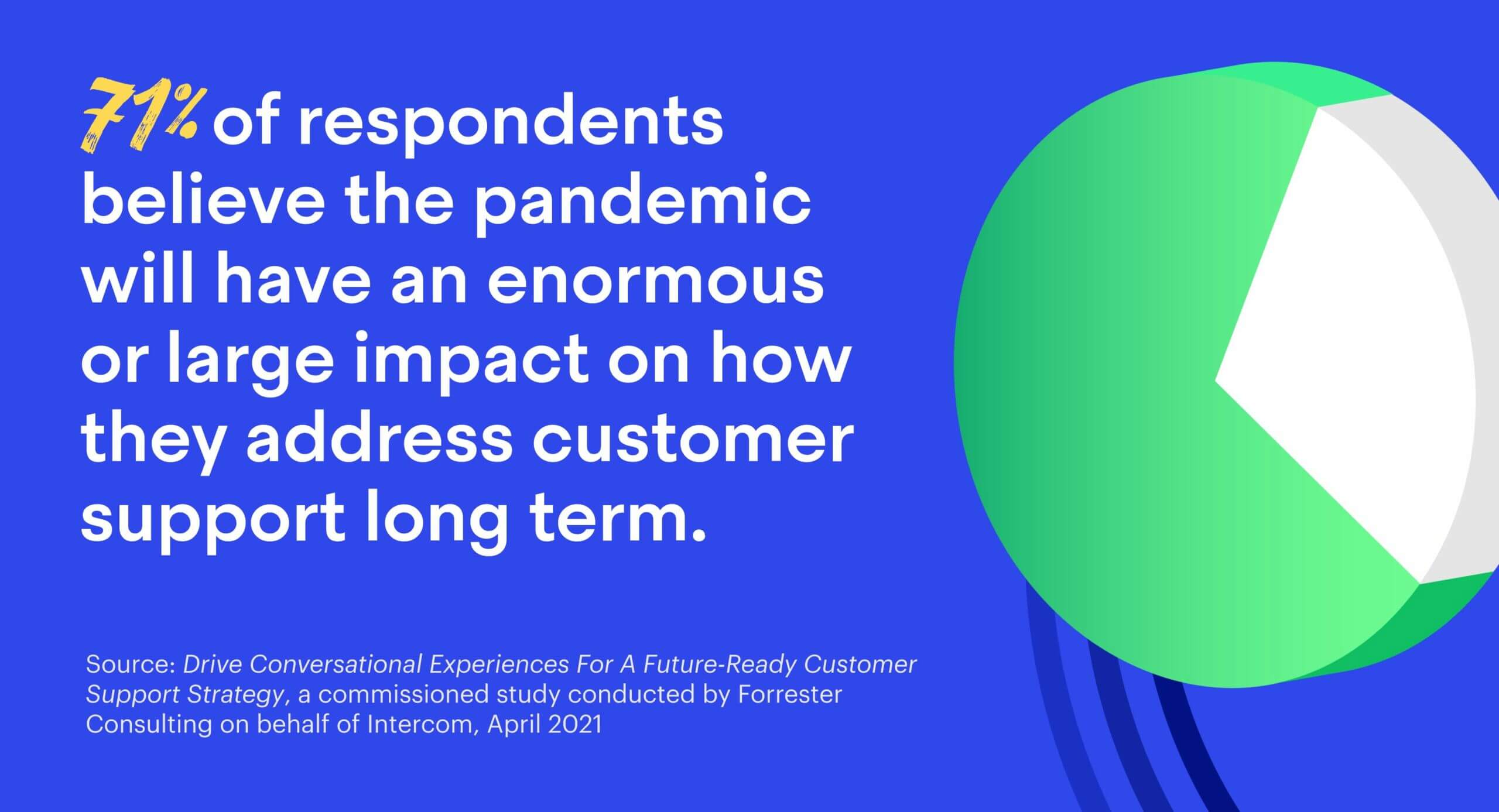Understanding the Impact of Interest Rates on Home Loans: What You Need to Know
#### Interest Rates on Home LoansInterest rates on home loans play a crucial role in determining the affordability of purchasing a home. When considering a……
#### Interest Rates on Home Loans
Interest rates on home loans play a crucial role in determining the affordability of purchasing a home. When considering a mortgage, potential homeowners must understand how these rates can influence their monthly payments and overall financial commitment.
#### The Importance of Interest Rates
Interest rates on home loans can fluctuate based on various economic factors, including inflation, the Federal Reserve's monetary policy, and market demand for housing. A lower interest rate can significantly reduce the total amount paid over the life of the loan, making homeownership more accessible. Conversely, higher interest rates can lead to increased monthly payments, potentially putting homeownership out of reach for some buyers.
#### How Interest Rates Affect Monthly Payments
To illustrate the impact of interest rates on home loans, consider a hypothetical scenario. Suppose you take out a 30-year fixed mortgage for $300,000. If the interest rate is 3%, your monthly payment would be approximately $1,265. However, if the rate increases to 5%, your payment jumps to about $1,610. This example highlights how even a small increase in interest rates can lead to a substantial difference in monthly expenses.
#### Factors Influencing Interest Rates

Several factors can affect interest rates on home loans, including:
1. **Economic Conditions**: When the economy is strong, demand for loans typically increases, which can drive up interest rates. Conversely, during economic downturns, rates may decrease to encourage borrowing.
2. **Inflation**: Higher inflation generally leads to higher interest rates. Lenders need to maintain their profit margins, so they increase rates to offset the reduced purchasing power of future loan repayments.
3. **Credit Score**: Individual credit scores can significantly impact the interest rate offered on a home loan. Borrowers with higher credit scores often qualify for lower rates, while those with poorer credit may face higher rates.
4. **Loan Type**: Different types of loans come with varying interest rates. For example, fixed-rate mortgages typically have higher initial rates compared to adjustable-rate mortgages (ARMs), which may start lower but can increase over time.

#### Strategies to Secure Lower Interest Rates
Homebuyers can take several steps to secure a lower interest rate on their home loans:
1. **Improve Credit Score**: Before applying for a mortgage, work on improving your credit score by paying off debts, making timely payments, and correcting any inaccuracies in your credit report.
2. **Shop Around**: Don't settle for the first mortgage offer. Compare rates from multiple lenders to find the best deal.
3. **Consider Points**: Buying points, or paying upfront fees to lower your interest rate, can be a smart move if you plan to stay in your home for a long time.

4. **Stay Informed**: Keep an eye on economic indicators and Federal Reserve announcements, as these can signal changes in interest rates.
#### Conclusion
Understanding interest rates on home loans is essential for anyone looking to buy a home. By staying informed about how these rates work and the factors that influence them, potential homeowners can make better financial decisions and secure the most favorable mortgage terms. Whether you're a first-time buyer or looking to refinance, being proactive about your mortgage options can lead to significant savings in the long run.